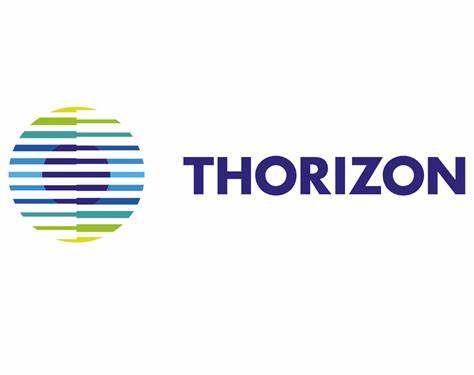A Dutch consortium of technology companies including Demcon, Thorizon and VDL Group have signed a project agreement to demonstrate and validate the manufacturability, safety, and functionality of critical components and non-nuclear (sub)systems of molten salt reactors (MSR).
The collaboration between Demcon, Thorizon and VDL Group was formalized in October of 2024 during a visit by Climate and Green Growth Minister Sophie Hermans to the Dutch Institute for Fundamental Energy Research (DIFFER), a leading research institute in Eindhoven. During her visit, the consortium partners, along with DIFFER, signed a letter of intent to facilitate small modular reactor (SMR) technology development in the Netherlands. A project agreement between the partners was signed in December of 2024. The consortium aims to establish an advanced testing facility where molten salt reactor technologies can be developed and tested.
In early December of last year, the consortium reached a major milestone by submitting a grant application to the Province of Noord-Brabant. Thorizon said that this application highlights the commitment of the involved parties to foster innovation and sustainable development in the region.
In 2021, Noord-Brabant launched the innovation coalition ‘Nuclear Energy for the Future’ with the goal of leveraging the manufacturing industry and research institutes in the province to accelerate the development of MSRs.
Thorizon said, “Participating in this project will not only provide companies with valuable experience but also help them attain the qualifications needed to become part of the supply chain for SMRs and large-scale reactors planned in the Netherlands. This strengthens the competitiveness of the Dutch manufacturing sector, creates new jobs, and fosters innovation. The project aims to deliver several component prototypes and a test facility in Noord-Brabant within two and a half years.”
Kiki Lauwers is the CEO of Thorizon. She said, “For Thorizon, this is a unique opportunity. Companies like VDL and Demcon have unparalleled experience in realizing high-tech projects, from concept to prototype and serial production. During our collaboration with DIFFER, we have seen that Brabant offers world-class knowledge and facilities and can act quickly. With these partners, we share an ambitious and pragmatic mindset that is crucial for our development and successful collaboration.”
Thorizon is a spin-off from NRG Pallas, which operates the High Flux Reactor in Petten. It is developing a one-hundred megawatt MSR which is targeted at large industrial customers and utilities. The company plans to begin building its first reactor, Thorizon One, around 2030.
Thorizon currently collaborates with nuclear industry leaders such as Orano, Tractebel and EDF, and its project has been selected by the European Commission and the French government under the France 2030 investment plan.
MSRs use molten fluoride salts at low pressure as primary coolant. They may operate with fast neutron spectrums, and with a variety of fuels (A fast neutron spectrum is characterized by neutrons carrying energies above one million electron volts.) Much of the interest today in reviving the MSR concept relates to using thorium (to breed fissile uranium-233). An initial source of fissile material such as plutonium-239 needs to be provided.
The DIFFER research institute conducts leading-edge research on fusion energy and chemical energy. It supports the development of MSRs through its unique DICE (DIFFER Irradiation-Corrosion Experiment) research facility. DICE is used to optimize material choices taking into account the interaction between corrosion, heat, and radiation.
Nuclear Reactors 1465 – A Dutch Consortium Of Nuclear Companies Are Collaborating On Small Modular Reactors And Molten Salt Reactors

